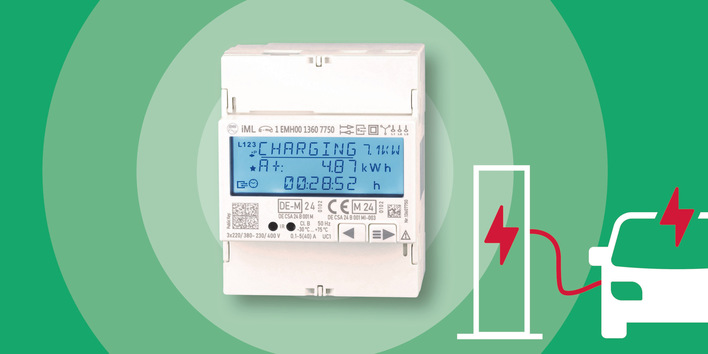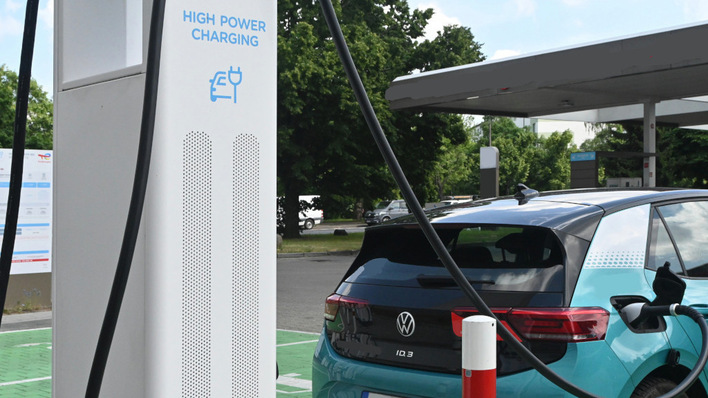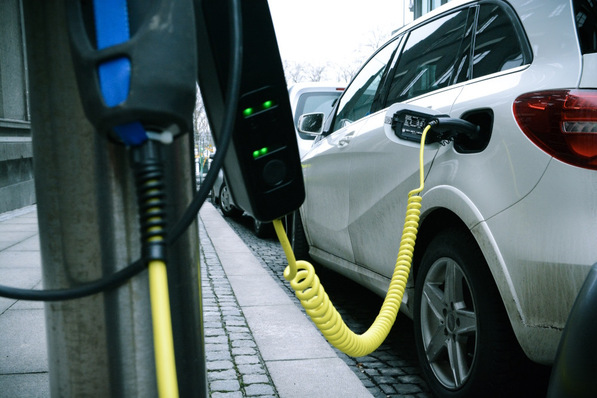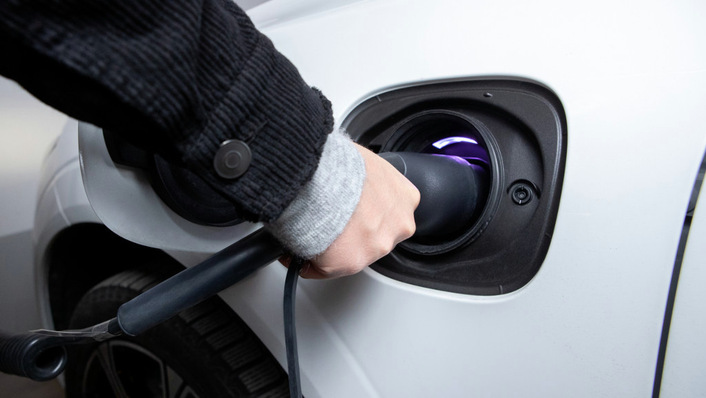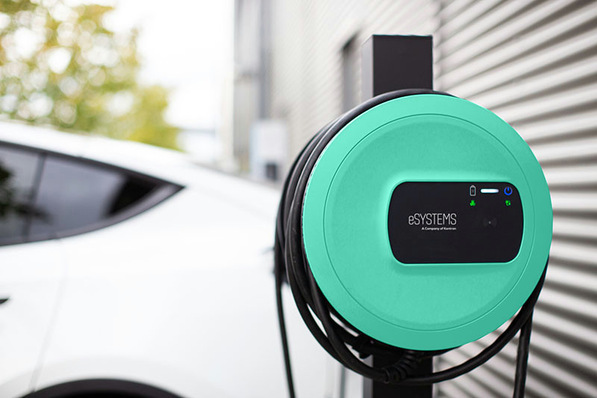In fact, according to figures quoted by Cornwall Insight, 1,374 BEVs were registered during April, accounting for 32 per cent of all new vehicle registrations, outselling diesel cars (1,079) for the first time. BEV registrations as a proportion of new vehicles remained high, 12 per cent in May, while June recorded the second highest ever monthly BEV registrations at 8,903 vehicles. These figures give us a glimpse of what BEV sales might look like in a few years.
The most recent data released (July’s figures) shows 8,162 BEVs were registered out of a total 174,887 vehicles. This decreased BEV sales proportion to 4.7 per cent of new cars highlights a fall to levels seen before lockdown.
See also:
Solar energy cuts driving cost with electric cars by 70 per cent
Katie Hickford, Analyst at Cornwall Insight, said: “Resilient demand for BEVs [in the UK] appears to be driven by four key factors. From 6 April, changes to the Benefit in Kind company car tax means zero-emission vehicles pay no tax in 2020-2021, providing an incentive for businesses to transition their fleets. Also, there have been changes to the Plug-in grant in the March 2020 Budget, meaning that hybrid cars with fewer than 70 zero-emission miles are no longer eligible for funding.
Uptake is further improved by an increased range of vehicle models available, meaning a greater choice for both consumers and businesses. These newer vehicles bring with them an improved vehicle range, making them much more of an attractive proposition to customers."
A snapshot of future BEV sales
“Perhaps more importantly," Katie Hickford went on: "During this Covid-19 period, is that EVs still have longer lead times between ordering and delivery compared to petrol and diesel cars. Although this is starting to improve, many vehicles will have been pre-ordered and therefore less impacted by the lockdown.
The last few months have provided a snapshot of how BEV sales may look in a few years, where the expectation is that BEVs will account for a third of monthly new vehicle registrations. However, whether the government’s EV uptake measures can boost uptake and defy the economic conditions is yet to be seen.” (mfo)


